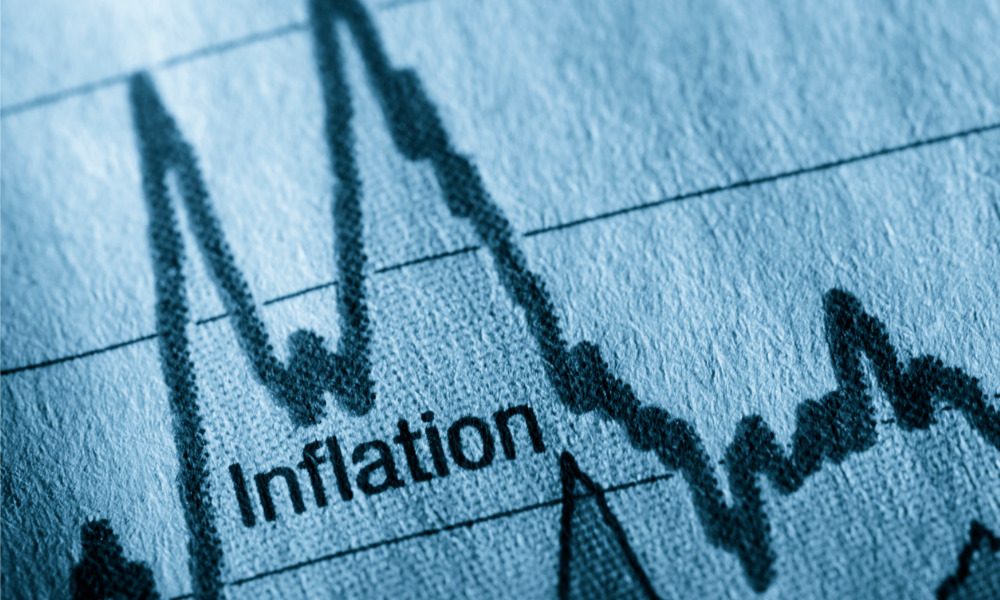"We know our job is not done yet," says the central bank's governor

Inflation eased slightly in July as the consumer price index dropped to 7.6% from 8.1% the month prior, but Bank of Canada governor Tiff Macklem said this number offers only “a bit of relief” and is still far too high for comfort.
While the slight drop in CPI is good news and points to signs that inflation may have peaked, Macklem maintained it will take some time before prices fall back to normal, especially since prices for more than half of the goods and services making up the CPI basket are “still rising faster than 5%.”
“The bad news is that inflation will likely remain too high for some time,” Macklem wrote in an op-ed for the National Post. “Many of the global factors that have pushed up inflation won’t go away quickly enough — supply chain disruptions continue, geopolitical tensions are high, and commodity prices remain volatile. And here at home, our economy has been running too hot. As Canadians finally enjoy a fully reopened economy, they want to buy more goods and services than our economy can produce. Businesses are having trouble keeping up with demand, and that’s leading to delays and higher prices.”
Macklem said that driving this broad-based inflation down to 2% is the Bank of Canada’s main priority, explaining why he thinks their “job is not yet done” despite July’s favourable numbers. He also acknowledged some of the more aggressive decisions that the central bank has implemented since March, including the dramatic one percentage point increase implemented in July.
“We recognize that for many Canadians higher interest rates will add to the difficulties they are already facing with high inflation,” he said. “But it’s by raising borrowing costs in the short term that we will bring inflation down for the long term. This will ultimately be better for everyone because high inflation hurts us all. It eats away at our purchasing power and makes it difficult to plan our spending and saving decisions. It feels unfair and that erodes confidence in our economy.”



